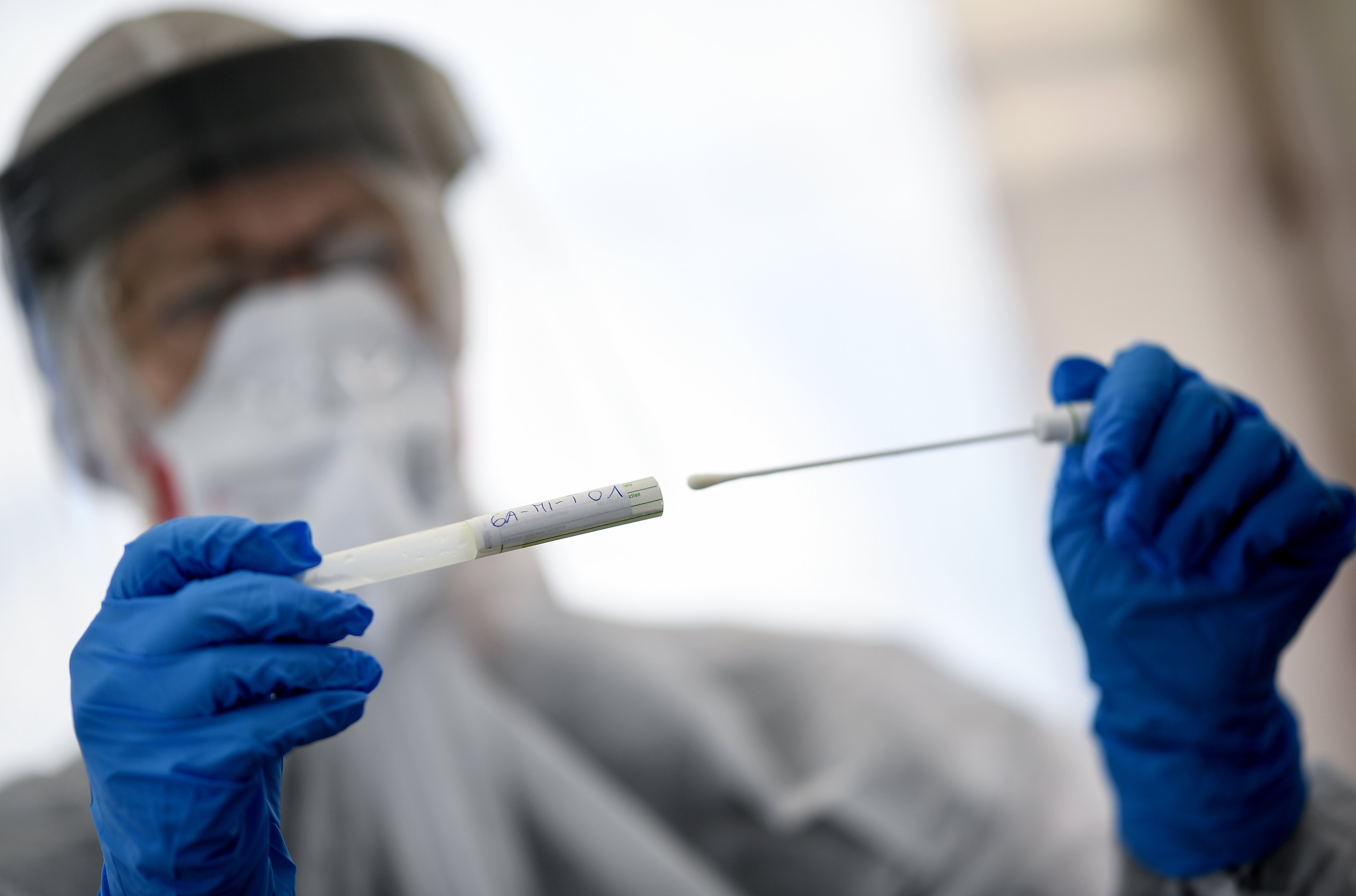The seroprevalence study planned by the Spanish health ministry has been delayed again and will no longer start on Monday as originally planned. Health minister Salvador Illa said this Thursday that the population study, intended to gather reliable information on the spread of the virus in Spain, will start next week, but "not on Monday", and that it will be carried out in collaboration with the autonomous communities, which run most of the Spanish state's health system.
According to the Europa Press agency, the delay in starting the study is due to the fact that the autonomous communities say they haven't time to prepare it before Monday. Until the eight-week, 90,000 test study is carried out on the population at large, the prevalence of Covid-19 and the number of people who have already gained immunity will remain to a large extent unknown.
Several members of the Spanish government and health ministry officials have said that the results from the study would assist in the start of planning for the de-escalation phase of the coronavirus lockdown. However, subsequent to the decision to allow children up to 14 years old to spend time outside, the Spanish government has referred to the study as "one more measure" for decision-making in this regard.
In fact, on Tuesday, government spokesperson María Jesús Montero assured that as all the indicators which Spanish authorities are planning become available, they will enable "steps to be taken with more rigor and involving specific groups and territories". Partial results from the seroprevalence study will be released during the eight-week period of the research to guide decision-making.
According to the official count this Thursday, Spain has 213,024 confirmed cases of Covid-19 and a total of 22,157 people have died. But it is recognized that the real figures are much higher, both for infections and deaths.
For example, the official Spanish figure for coronavirus deaths in Catalonia is 4,343, while the Catalan health ministry's own figure for mortality from the virus in its territory is more than twice as big: 9,050. The difference is that the figure which Spanish authorities publish includes only those who tested positive for the virus before they died, while the Catalan ministry also includes statistics for those who showed symptoms and were thus medically diagnosed as "suspected cases" but were not tested while alive.

